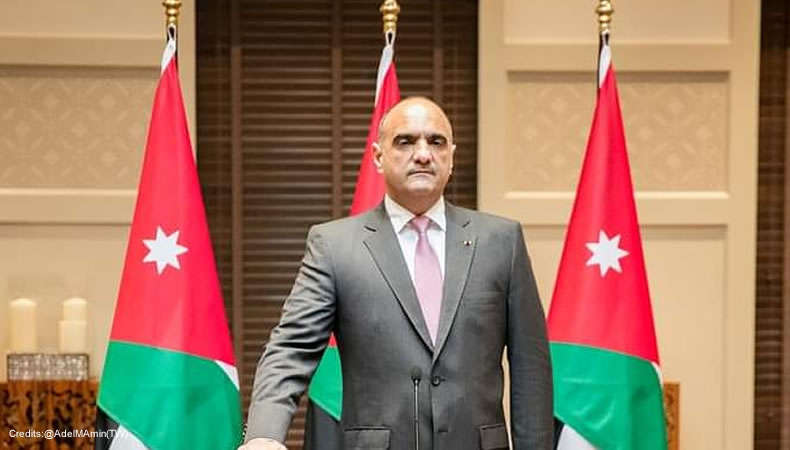Jordan Reshuffles Cabinet To Exhibit Effective Governance

Jordan is going under water post pandemic and the people are so angry about the slowness in recovery that the PM has had to reshuffle the cabinet for some action to show at ground level.
In October 2020, King Abdullah appointed a new PM Bisher Al-Khasawneh in the hope to restore public trust over the handling of the coronavirus health crisis. The reshuffle looks like a desperate attempt to bring some semblance of balance and normalcy in the country. It has been the first major move by Khasawneh that was taken after a royal decree was passed for the reshuffle.
The reshuffle is already being frowned upon his leadership, as it looks like a desperate move, too early in his tenure as PM. In fact, reshuffling has been the only strategy that previous cabinets have also used. There has been no other concrete creative thought process in handling contingencies in the country.
According to a political commentator, Khaled Qudah, the former government of Razzaz featured the appointment of 52 ministers in five cabinet reshuffles carried out during his tenure of little more than two years.Ironically, Jordon is trying to reach out to Morocco to build some kind of political relations, while its own country’s future lies in doldrums. However, some good reputation might be restored as the King himself sacked half a dozen ministers who flouted the Covid-19 restriction of assembling for party.
In the reshuffle, ministers responsible for key economic portfolios have largely remained in their posts, apart from the ministers for transport and agriculture. Also, the cabinet now stands to be trimmed down by three portfolios to 29, with Bisher al-Khasawneh serving as both prime minister and defence minister.
That is both a good and bad thing, as the newly appointed minister has his hands full, and has been reaching out to build relations with neighbours, while the semblance of peace at home, is rather fragile and temporary. On the flipside, the British educated diplomat now has more teeth to handle the socio-economic challenges of Jordan. He has been able to retain Harvard-educated Mohammad Al Ississ as finance minister, the latter being highly praised for his smooth handling of the economy in pandemic times. To his credit he also has successful negotiations of a four-year IMF programme worth $1.3 billion that signals confidence in Jordan’s reform agenda.




